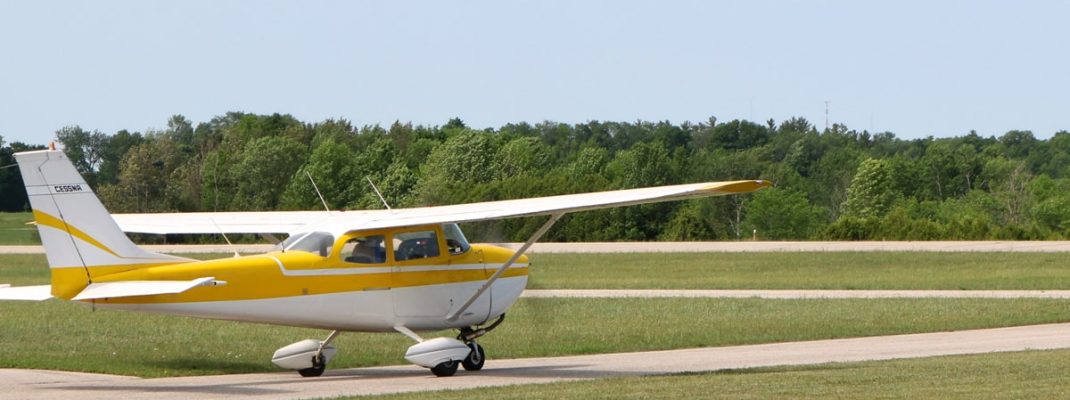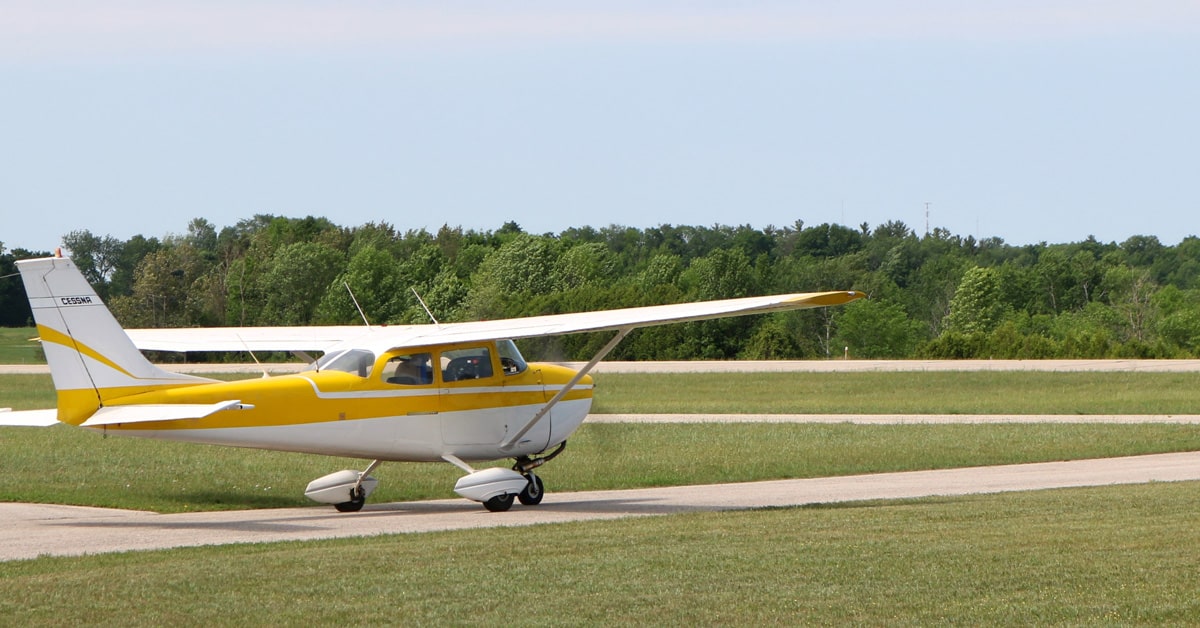Today we’re pleased to feature a guest post from CFI and DPE Jason Blair. Check out his previous contributions to the LTFB here. He writes his own blog at JasonBlair.net
Practical tests can be physically demanding in additional to the mental stress that they cause. Preparing for a practical test physically can be a key part of successfully completing any practical test. The FAA’s “IM SAFE” checklist highlights multiple physical concerns as a key components to being a safe pilot, and being a safe pilot is part of practical test day. (To read more about the IM SAFE checklist and aeronautical decision making, check out Chapter 17 in the FAA Pilot’s Handbook of Aeronautical Knowledge.)
Highlighting “Illness”, “Medications”, “Stress”, “Alcohol”, “Fatigue”, and “Eating” as focal areas, this list gets a pilot thinking about their physical condition prior to flight. Obviously, a pilot shouldn’t be doing their practical test if they are sick, under the influence of non-FAA approved medications, or alcohol. Most pilots have no issue figuring this out. But beyond this, a few things to physically prepare for a practical test can help the day go more smoothly.
Illness
When the FAA highlights “sickness” in the IM SAFE checklist, a pilot should think beyond bedridden illnesses that would obviously keep them out of the air. If you have a sinus cold, it can be very painful during climbs or descents if you ears aren’t clearing easily. If you have the stomach flu, a turbulent flight can make it, well, certainly less comfortable if not a bag-filling adventure. If you have a chest cold, the chills, aches, a fever, or any other generally-crappy-feeling condition, you aren’t going to perform your best. If you have to take any medications to feel better, you really shouldn’t be flying at all (a general practice is to wait at least five times the time of the original dosage period of the medication before flying—consult your AME if you have any concerns), and you definitely shouldn’t be taking your practical test. Your DPE will understand if you want to reschedule because of illness. And let’s be honest, the examiner probably doesn’t want to fly in a confined space with a sick person who is going to pass whatever sickness along to them.
Fatigue
Get a good night of sleep before the test. Staying up until midnight cramming that last bit of knowledge into your brain is less likely to lead to success than going to bed at 9pm, sleeping well, and being rested before that 8am test start. Lack of sleep has been proven to be equally skill degrading in on-the-road driver testing as mild levels of intoxication. A tired pilot will have reduced reaction time and skill levels. You need both of these to be at your best on test day! If you aren’t an early riser, schedule your test later in the day. Don’t schedule the test after a long day at work. Be rested to physically be ready for the test.
Eating
We have all heard any number of good eating and diet tips over the years, but an empty stomach does lead to decreased performance. Eat breakfast if you have a test in the morning. Eat lunch if it is in the afternoon. Bring a snack with you on the test to eat between the ground and flight portion. No, eating a big turkey dinner before the flight that will put you into the food coma of the year isn’t the best idea, but light snacks and healthy foods will keep your metabolism going and energy feeding to your body. Don’t be afraid to ask the examiner for a 10 minute break to eat a snack either. Being prepared and having a little food in your stomach also not only keeps the body fueled with energy, it also can help to quell some nervous stomach butterflies.
Exercise
I know many of us try to get more exercise in our lives for dietary reasons, but it is also something that can physically help prepare you for your test. Even a walk earlier in the day or the night before the test can help burn off some nervous energy or just keep the metabolism moving. It can also help you sleep better the night before a test. Getting your body tired enough to sleep will increase the chances that you will actually sleep instead of tossing and turning worried about the test in the morning. If the test is in the afternoon, a morning workout can distract your mind for even a little while and give you better focus. It not seem directly related, but exercise prior to your practical test is one way to physically prepare yourself.
As students prepare for practical tests I commonly see them skip some of the basic things in their lives that keep them in good physical shape for life in general. That translates to decreased performance on their tests. If you think it would be a good physical practice for a healthy body and general preparation for a day, it is probably a good idea for test day. Skipping meals, skipping sleep, continuing when you are sick, or breaking an exercise routine are all things that are the opposite of good physical preparation for a practical test.
Jason Blair is an active single and multi-engine instructor and FAA Designated Pilot Examiner with 4,800 hours total time and 2,700 hours instruction given. He has served on several FAA/Industry aviation committees and has and continues to work with aviation associations on flight training issues. He also consults on aviation training and regulatory efforts for the general aviation industry.




